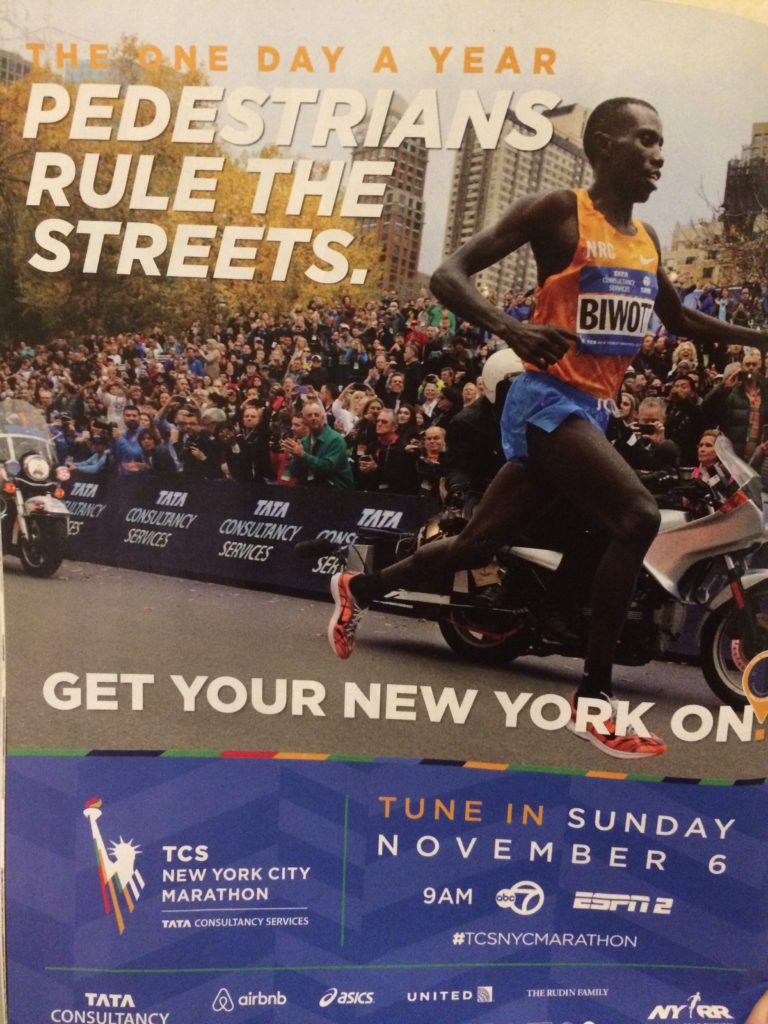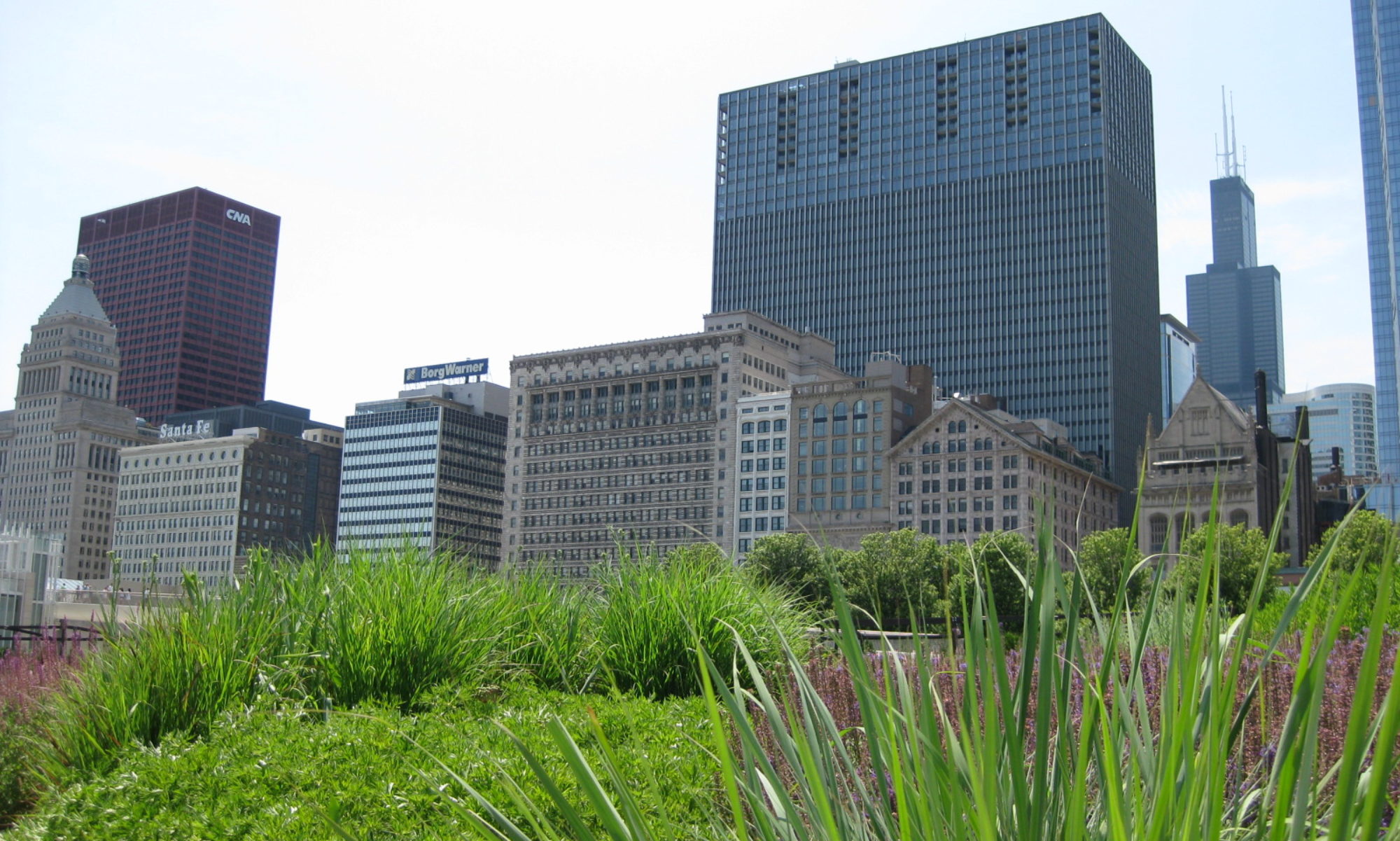Course syllabus
Course introduction
Over the last decade, social scientists have begun to incorporate mobility into their studies of social processes rather than assuming that being fixed in place is the norm. In fields as diverse as migration, transportation, design, tourism, literature, and critical race theory, researchers are arguing that our movements—including the restrictions on those movements—are powerful contributors to our identities and interactions. Individual bodies are marked and classified according to their capability to move, at scales from the local to the global.

We therefore need to consider the power relations within (im)mobilities if we are to understand the contemporary world. In this course, we will develop the concept of mobility justice, which pulls together climate change, migration, and urbanization as the three intertwined challenges of the 21st century that are all based on mobility. We will draw on the emerging literature in critical transport studies and mobility justice to address the following questions, among others:
- How does a mobile ontology change how we understand the world?
- How do complex systems like automobility and aeromobility shape our urban landscapes, social relations, and global environment?
- How is mobility used to construct and contest racial classifications and identities?
- How are flows of goods and information also part of global (im)mobility systems?
- Is there a “right to move” in the same way as a “right to the city”?
- How are climate change, migration, and urbanization intertwined as the three major challenges of the 21st century that are all based on mobility?
Readings and examples will be drawn from around the world, with cross-regional comparisons a key part of our discussion.
